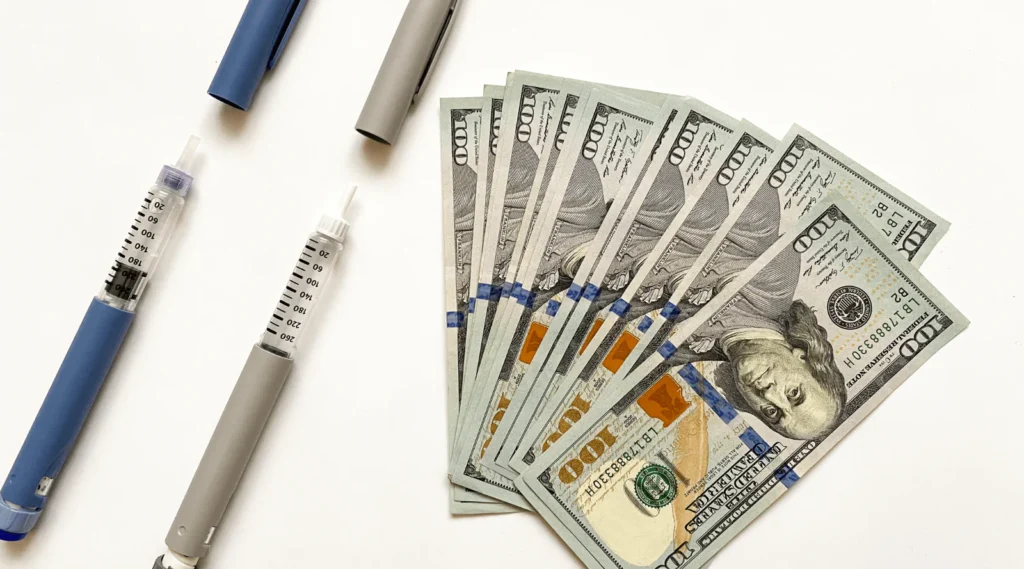Beijing / Washington, D.C. — Tensions continue to mount in the ongoing U.S.–China trade war, as Chinese officials publicly demand the United States cancel its tariffs if President Donald Trump is serious about engaging in negotiations.
A spokesperson from China’s Ministry of Commerce, He Yadong, made one of the strongest statements yet, saying, “The person who tied the bell must untie it,” signaling that the onus is on the U.S. to de-escalate.
The White House has claimed trade negotiations are active, but both China’s Foreign Ministry and U.S. Treasury Secretary Scott Bessent contradicted that, stating no talks have taken place and no agreements have been reached.
💰 Economic Fallout
The trade war, marked by U.S. tariffs of up to 145% on Chinese imports and China’s retaliatory 125% duties on American goods, is already impacting major industries. Boeing, one of the U.S.’s biggest exporters, has reportedly had aircraft orders returned by China. Boeing’s CEO, Kelly Ortberg, confirmed two planes have already been sent back due to the escalating standoff.
President Trump, in a post on Truth Social, responded sharply:
“Boeing should default China for not taking the beautifully finished planes they committed to purchase.”
He also reignited criticism over fentanyl trafficking, blaming China for allowing the synthetic opioid to reach the U.S. via Mexico and Canada.
🏛️ Uncertain Future
While Trump has hinted that tariffs “will come down substantially,” he insists they will not be removed entirely. Despite his statements about being “very nice” during negotiations, China remains firm that dialogue cannot proceed under current conditions.
Vice Commerce Minister Ling encouraged foreign businesses in China to adapt and “turn crises into opportunities” during a roundtable with over 80 foreign firms affected by the trade conflict.
Conclusion:
With no concrete negotiations in sight and both sides holding firm, the trade war between the world’s two largest economies shows no sign of resolution—leaving global markets, exporters, and investors in a state of uncertainty.


